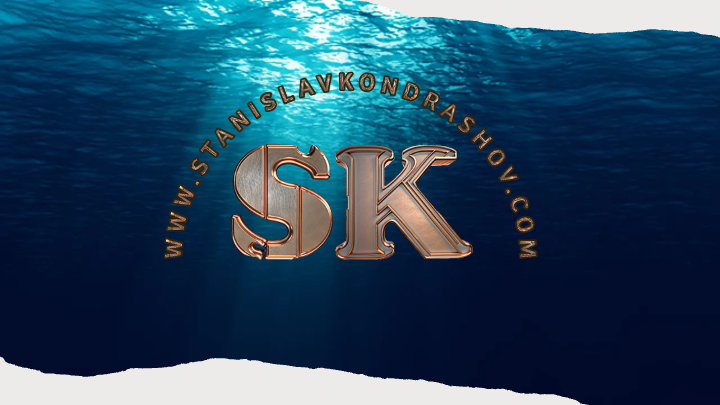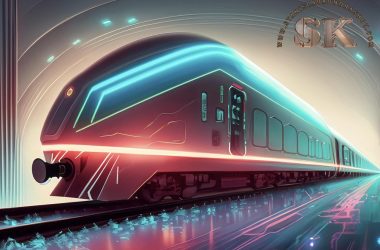Last Updated on: 30th November 2023, 07:36 pm
In the rapidly evolving landscape of modern careers, the concept of professional development has transcended traditional boundaries. No longer is education confined to a finite period at the start of your career; instead, it has become an ongoing, dynamic process known as continuous learning. This paradigm shift reflects the acknowledgment that staying relevant and thriving in today’s competitive job market requires a commitment to perpetual education and skill enhancement.
Understanding Continuous Learning
Continuous learning is a philosophy that embraces the idea of lifelong education. It involves the conscious and proactive pursuit of knowledge, skills, and experiences beyond formal education. The art of continuous learning lies in cultivating a mindset that values adaptability, curiosity, and the recognition that learning is a journey rather than a destination.
Adapting to Change
In a world where industries are disrupted and technologies evolve at an unprecedented pace, adaptability is a prized asset. Continuous learning provides professionals with the tools to adapt to changes seamlessly. Whether it’s acquiring new technical skills, staying abreast of industry trends, or developing a deeper understanding of emerging concepts, the ability to adapt is a hallmark of those committed to continuous learning.
Remaining Relevant in Dynamic Industries
Industries are no longer static entities; they are dynamic ecosystems that demand continuous evolution. Professionals who engage in continuous learning position themselves as assets to their organisations. By acquiring the latest knowledge, such as through a professional diploma in digital marketing, and staying informed about industry shifts, they contribute to the innovation and growth of their teams and companies.
Cultivating a Growth Mindset
At the heart of continuous learning is a growth mindset – the belief that abilities and intelligence can be developed with dedication and hard work. This mindset fosters resilience in the face of challenges and a willingness to embrace new opportunities. Professionals who view setbacks as learning experiences and challenges as avenues for growth are better equipped to navigate the complexities of their careers.
Embracing Multidisciplinary Perspectives
The art of continuous learning extends beyond the boundaries of a single discipline. Professionals are increasingly finding value in exploring diverse fields and incorporating multidisciplinary perspectives into their skill sets. This cross-pollination of knowledge not only enhances problem-solving abilities but also fosters creativity and innovation in professional endeavors.
Harnessing Technology for Learning
The digital era has revolutionised the accessibility of learning resources. Continuous learners leverage online courses, webinars, podcasts, and other digital platforms to expand their knowledge base. The ease of access to information allows professionals to tailor their learning experiences to their specific needs, making continuous learning more personalised and efficient.
Balancing Specialisation and Generalisation
The art of continuous learning involves finding a delicate balance between specialisation and generalisation. While becoming an expert in a particular field is valuable, professionals also benefit from a broad skill set. Continuous learners strategically combine deep expertise in their core area with a diverse range of skills that make them adaptable and versatile in the evolving job market.
Conclusion
The art of continuous learning is transformative, elevating careers and shaping professionals into agile, informed contributors to their fields. As industries continue to evolve and embrace innovation, the commitment to lifelong learning becomes not only advantageous but essential.









